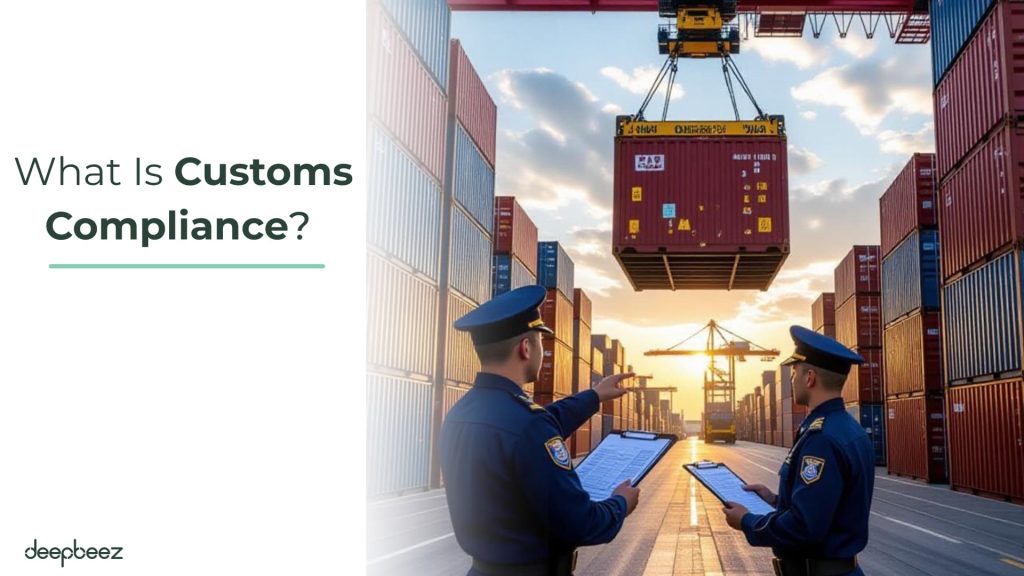What is customs compliance and how can I follow its rules? In simple terms, customs compliance is defined as adhering to the trade regulations of the countries to which you are exporting and importing. Have you ever wondered what happens behind the scenes when products cross international borders? Every day, thousands of shipments traverse the globe, and each one must comply with complex regulations. Welcome to the world of customs compliance, where understanding the rules can make the difference between business success and costly setbacks.
What about calculating all the duties and taxes? Deepbeez customs duties calculator will help you along the way.
